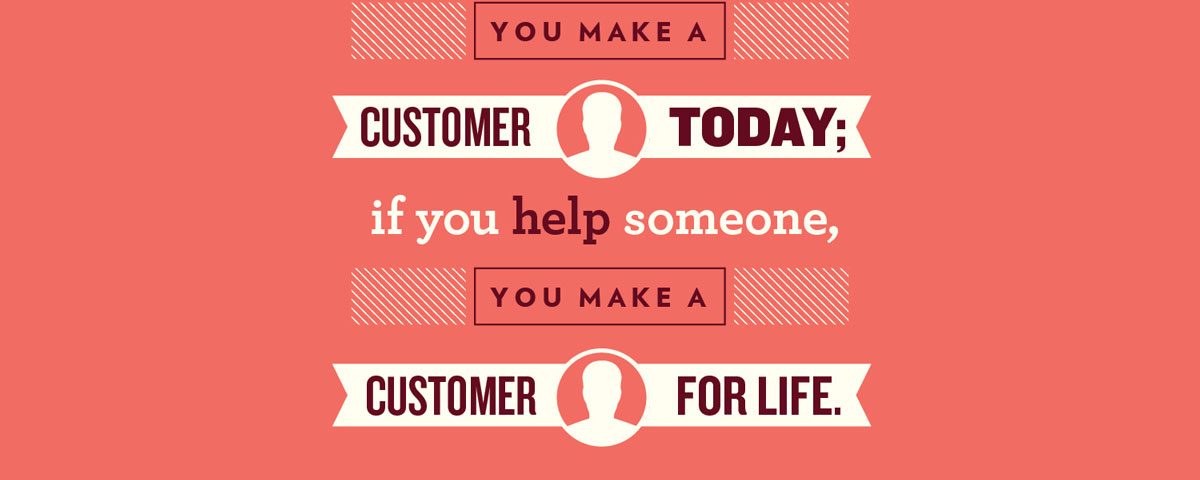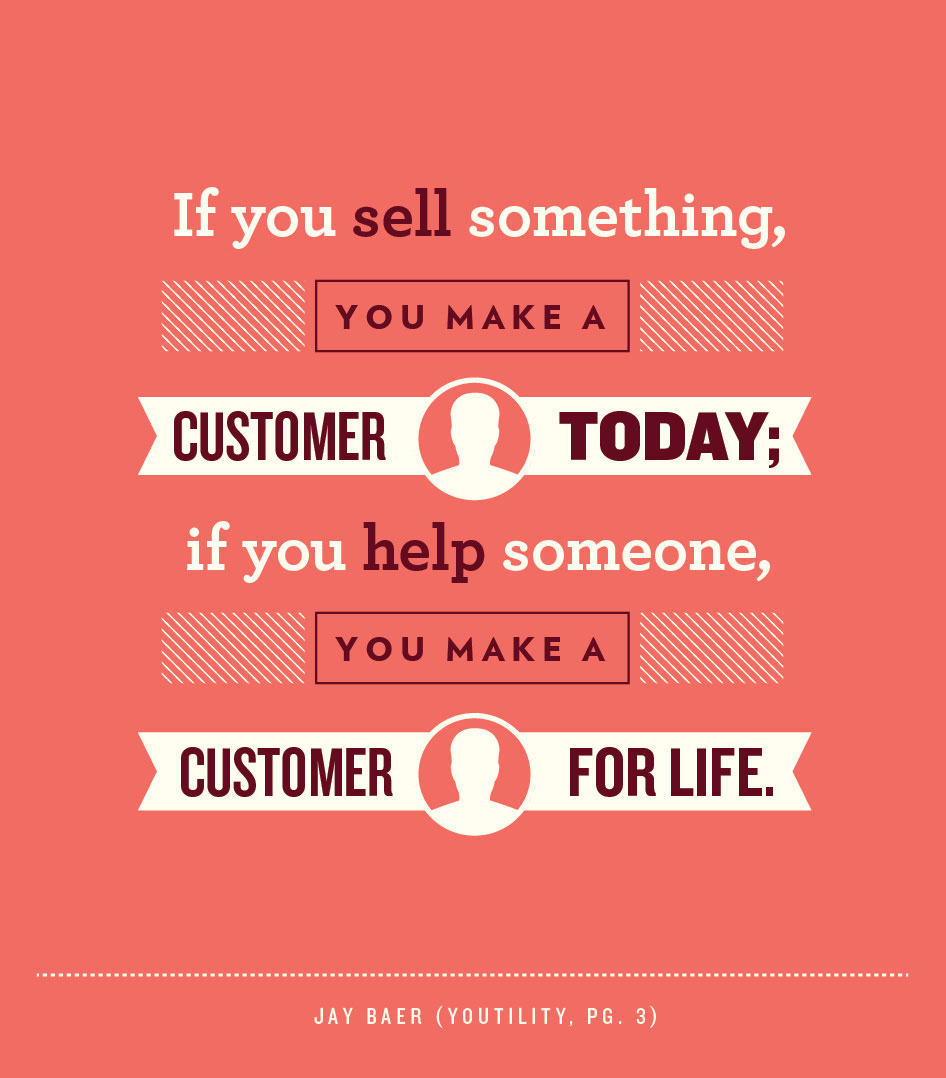Good products don’t always sell themselves. The performance of retail stores depends highly on the shopper experience, and a lot of that comes from how well retail employees do their jobs.
Whether that’s the store personnel who keep the day-to-day business running as usual or promoters stationed in supermarkets to serve as touchpoints between shoppers and a brand’s goods, human interaction is crucial in growing sales.
So how can brands make the most of their retail staff and promoters to boost the sales? Surprisingly, it starts with helping them first. Here are some ways that can be done:
Move them from a mindset of selling to a mindset of helping
It should be common knowledge by now: shoppers instinctively know when staff and promoters try to take them for a ride and squeeze them for a quick sale.
Not only does it come across as trying too hard, trust is usually lost along with opportunities for customer retention.
The good news is that shoppers also know when staff and promoters are genuinely trying to help them. If they’re to return to any business, it would be those that have truly tried to help rather than push products on them.
Source: Salesforce
How do brands train their staff to adopt this mentality? They have to first establish and cultivate the essential value of wanting to help the shoppers first. If you don’t practice it and actively promote it, those who work for you would not pick it up
It should be noted that it’s much easier for staff and promoters to want to truly help shoppers when they’re not confronted with steep sales KPIs. While lighting a fire under them with lofty sales targets may help with short-term sales boosts, they deprioritize customer needs in the name of self-preservation and turn to quick-win tactics out of desperation.
It is important to have targets for them to aim at, but it is also important for the first contact point between customers and a brand i.e. the staff and promoters who service customers on behalf of the brand to be a positive experience.
The question that brands need to ask themselves then is what kind of values are they cultivating among their staff and promoters. Is it helpful to customers, or does it breed unhelpful sales practices?
Move towards suggestive selling through asking questions and listening well
One practical way to help shoppers is to get specific on what their actual needs and wants are in order to effectively cater to them. It’s a discovery process that’s made easier through suggestive selling, which is the use of suggestions and questions to identify and meet customer needs.
It starts with reflective listening, which comes down to being able to mirror shoppers and clarify their needs. It is an effective tool to sharpen for staff and promoters so that they’re better equipped at helping shoppers.
Doing so means that the staff or promoter gets on the same page with shoppers, and work towards the best solution together. That comes from asking the right questions.
Questions reveal customer pain points, which lead to better product recommendations and better brand experiences. There is, of course, an art to it: asking too many questions and digging too much can also come across as pushy.
Source: HubSpot
While some people are more talented than others at being able to know when to engage shoppers with more questions and when to leave them be, or when to press for information and when to give them space, training would be required for others.
Ultimately, if there’s ever any doubt, here are the useful approaches to suggestive selling via reflective listening:
- Don’t showcase complementary products and promotions that are not relevant to shoppers.
- Regularly restate the key points from what shoppers say to stay on the same page with them.
- Never cross-sell items that don’t make sense, just because they earn more.
- Keep it simple and don’t overwhelm shoppers with too many options.
Keep showing up to support your retail staff
When you make a habit of showing up for them, they’ll eventually be inclined to show up for you. That’s the principle of reciprocity.
This could mean simply checking in and paying attention to ensure that your staff are not burned out. Burnout could lead to more mistakes, poorer interactions with customers, higher turnover, and a generally more toxic workplace which is not a good environment for both staff and shoppers.
However, it doesn’t mean breathing down their neck to keep checking in on them, as that is the work of micromanaging. The difference is to notice and pick up on how your staff respond to extensions of support.
For those who perform better with hand-holding, more check-ins make sense; for those who value autonomy, a hands-off approach would work better. The key is to first pay attention to how they respond to encouragement, challenge, check-ins and any form of support.
Source: Atlassian
Staff and promoters also need to feel backed and secure to thrive. At times customers can be unreasonable and it can take a toll on service workers. Those are actually opportunities to protect your staff and create a safety net for them to be at ease to perform at their job.
However, there is a risk of encouraging complacency. Supporting your staff needs to also involve demonstrating the standards of work they need to live up to, lest they don’t know what to aim at.
It’s imperative to walk the talk and demonstrate precisely the work ethic expected from them while assuring them that they have a safety net.
People buy from people
When it comes to questions of boosting sales, paying attention to the quality of personnel involved is as important as improving other factors surrounding a product like branding, distribution and promotions.
Even in e-commerce the human element is crucial – customers depend on reviews and support from online sellers to make purchase decisions.
Therefore, when a brand makes the effort to proactively solve problems for shoppers and make interactions with the brand more enjoyable, it does more than improve immediate sales.
Stronger brand experiences would also increase the likelihood of repeat and loyal customers, leading to greater long-term returns.







